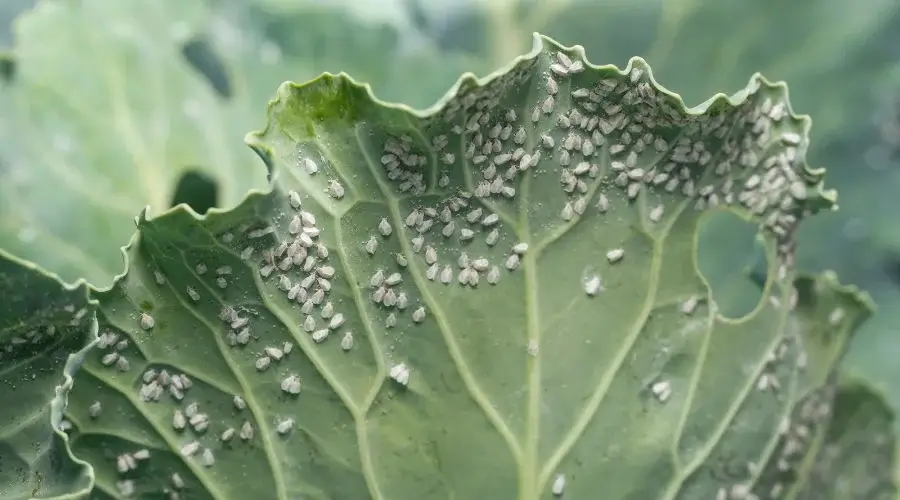Pest management is a fundamental aspect of property upkeep that often goes unnoticed. Whether you oversee a bustling restaurant, an upscale hotel, a school bustling with students, or a sprawling farm, pests pose significant challenges if not addressed effectively. In this article, we’ll delve into the hurdles these establishments encounter with pests and offer practical solutions for prevention.
No pest problem is beyond our capabilities. With Santee Pest Control Company, rest assured your property will be shielded from pests throughout every season
Understanding the Pest Control Sector
Pest control stands as a vital industry tasked with eliminating various nuisances such as insects, rodents, and even wildlife. These intruders not only jeopardize human health but also inflict damage to structures and the environment. Pest control professionals employ diverse methods, including specialized insects or targeted chemicals, tailored to each situation. Their role is indispensable in maintaining the safety of our homes and surroundings.
Significance of Pest Control in Specific Environments
The management of pests in workplaces transcends mere convenience; it is imperative for ensuring a safe and hygienic environment. For instance, in the hospitality sector, pests like insects can swiftly contaminate food, leading to health hazards and tarnishing the reputation of the business. In educational institutions, pests disrupt learning and pose health risks. On farms, they ravage crops, resulting in significant financial losses. Hence, effective pest control is pivotal in safeguarding public health and preserving businesses.
Common Approaches to Pest Control
Integrated pest management (IPM) emerges as the prevalent method across various industries, encompassing sanitation, habitat modification, biological control, and judicious chemical treatments. However, the strategy may vary depending on the pest type and the setting.
Dos and Don’ts of Pest Control
Dos of Pest Control:
- Regular Inspection: Conduct frequent checks to detect pest issues early, preventing them from escalating and causing extensive damage.
- Maintain Cleanliness: Ensure cleanliness and tidiness to deter pests. Dispose of garbage regularly, promptly clean spills, and store food in sealed containers.
- Seal Entry Points: Fill holes and cracks in walls, floors, and doors to impede pest entry. Weather stripping or caulking are effective measures to prevent infiltration.
Don’ts of Pest Control:
- Overreliance on Chemical Pesticides: While chemical sprays can aid in pest control, excessive use can be detrimental to health and the environment. Explore alternative methods such as natural predators, habitat modification, or traps to minimize chemical usage.
- Neglect Pest Problems: Address pest sightings promptly to prevent proliferation. Ignoring them may lead to breeding, exacerbating the situation and causing further damage.
Emphasizing Pest Prevention
Preventive measures play a pivotal role in pest control. Rather than reacting to pest incursions, proactive steps should be taken to deter their entry. Installing screens on windows and doors, proper waste disposal, and repairing infrastructure vulnerabilities serve as effective deterrents. Implementing these measures collectively fortifies defenses against pests, ensuring safety and satisfaction.
Tailoring Solutions to Specific Settings
- Restaurants: Maintain impeccable cleanliness, store food appropriately, and conduct regular inspections to deter pests.
- Hotels: Educate staff on pest management, conduct routine room checks, and fortify entry points.
- Schools: Uphold cleanliness standards, secure food storage, and conduct periodic pest inspections.
Agricultural Operations:
Diversify crops to deter pests.
Utilize pest-resistant plants.
Deploy beneficial insects for pest control instead of relying solely on chemical interventions.
Pest control holds paramount importance in facilities management across various sectors, encompassing hospitality, education, and agriculture. By understanding the distinct challenges posed by pests in each industry and implementing proactive measures, businesses can safeguard their reputation, protect public health, and mitigate financial losses associated with infestations. Remember, prevention is key—act now to maintain a pest-free workplace.

